The production and export of fresh pineapples is going through a period of adjustment, influenced by shortages and logistical challenges that are having an impact on the sector's operations. Added to this is the growing competition from the juice industry, which is putting pressure on the product's supply and contributing to price increases in the Costa Rican market.
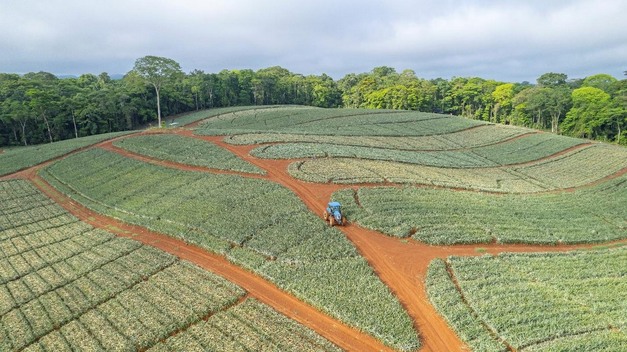 © Agricrumo
© Agricrumo
The Costa Rican company Agricrumo, which specializes in the production and export of fresh pineapples of the M2 variety, is facing a difficult season due to the effects of climate change and increased demand from the industry. Despite this context, it continues to export at a pace of approximately 40 containers per week, according to its general manager, Jordi Cruz.
With a presence in markets such as the United States, Russia, Morocco, Turkey, the Netherlands, and Spain, 70% of its volume is intended for Europe. "We are looking for new markets within Europe with a greater consumption of large fruit, as small fruit is being absorbed by the juice industry, which pays better than the fresh market," says Cruz.
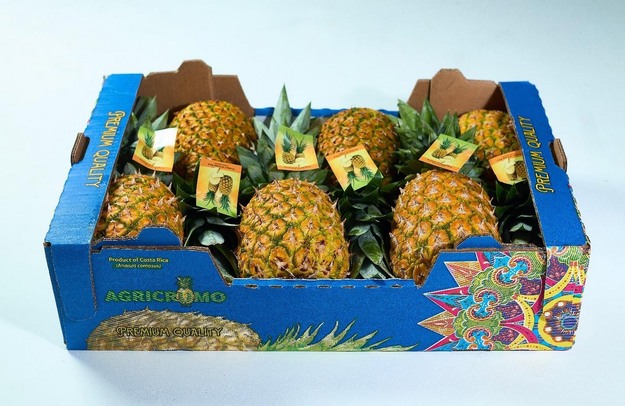 © Agricrumo
© Agricrumo
"We have had three or four months of unusual winter conditions in Costa Rica, which fully prevented us from cultivating during November, December, and January. We were unable to prepare the land or to sow," he says. This situation has not only had an impact on the current supply but will also lead to an even greater decrease next year.
The shortage, together with the amount of fruit going to the juice industry, has caused prices to increase. "Compared to January and February last year, prices have risen by 10% to 15%," he says. Small pineapples (calibers 8, 9, and 10), traditionally intended for export, are now being used for industrial processing due to the greater profitability offered by this channel compared to a fresh market, which doesn't compensate for the high logistical costs.
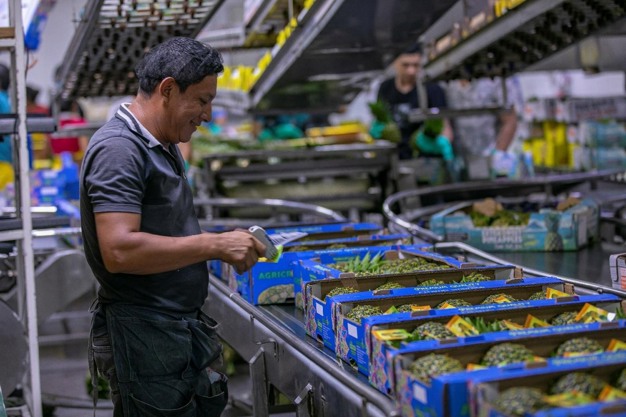 © Agricrumo
© Agricrumo
Changes in consumer preferences are also setting a new dynamic. "In the past, markets such as Russia demanded fully green fruit. Now, they only want fruit with color. They have learned to eat ripe pineapple, and this is making it necessary for us to manage harvesting schedules better," says Cruz. However, achieving the ideal ripeness has become more complex due to climatic conditions, as excessive rain or constant sunshine can hinder optimum color development.
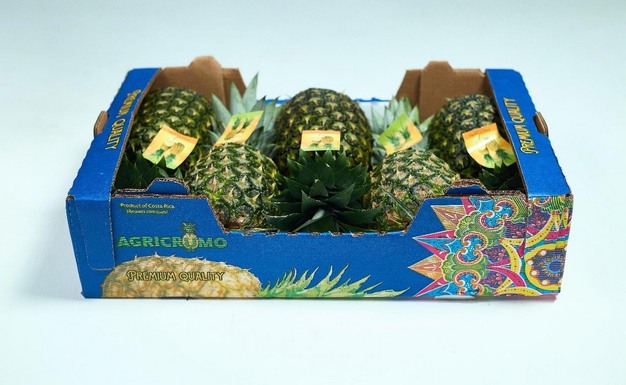 © Agricrumo
© Agricrumo
At a logistical level, shipments to Russia have also undergone adjustments. "We used to work with two shipping companies, but given the current geopolitical situation in the region, only one has remained operational," says Cruz. However, the real challenge is not in logistics but in the financial aspect. "Russian customers can no longer make direct transfers; they have to look for alternatives, such as sending money via Dubai. That's why we only accept advance payments," he says. This situation not only slows down operations but also limits commercial opportunities in a market that has traditionally had a demand for Costa Rican fruit."
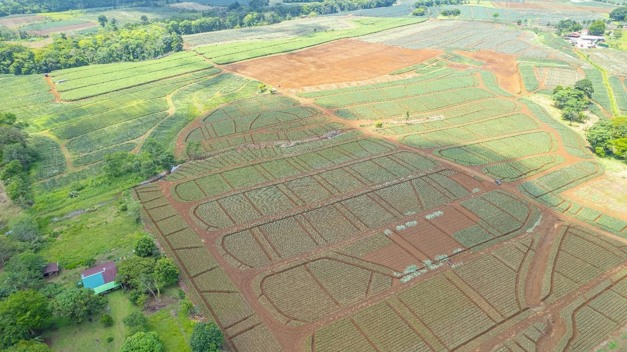 © Agricrumo
© Agricrumo
Lastly, Cruz highlights the value of close relationships and rigorous processes. "Since we are a medium-sized company, we can offer direct and prompt attention to our clients. Furthermore, we comply with all certifications and processes to guarantee quality from the field to the end client in various international markets."
 © Agricrumo For more information:Jordy Cruz
© Agricrumo For more information:Jordy Cruz
Agricrumo
Tel.: +506 8497 8417
jordycruz@agricrumo.com
www.agricrumo.com
